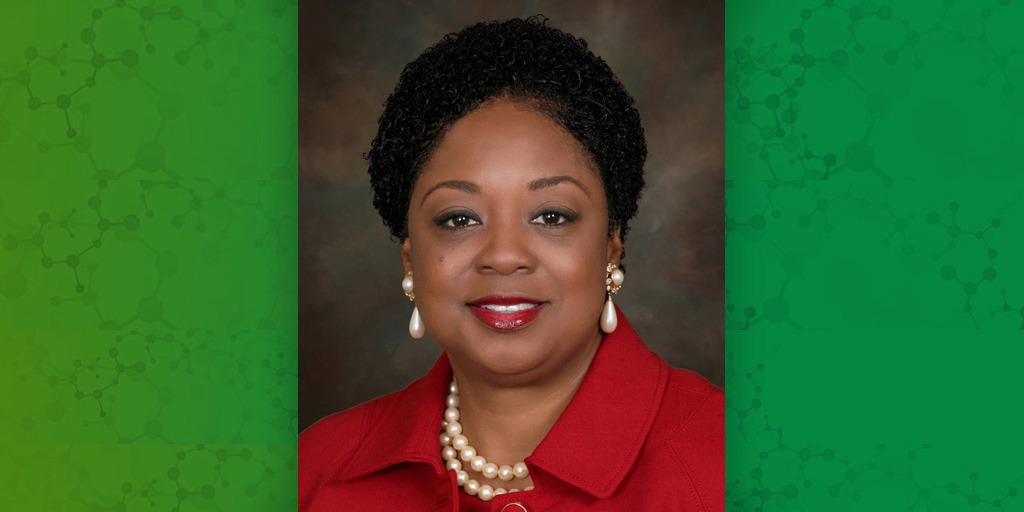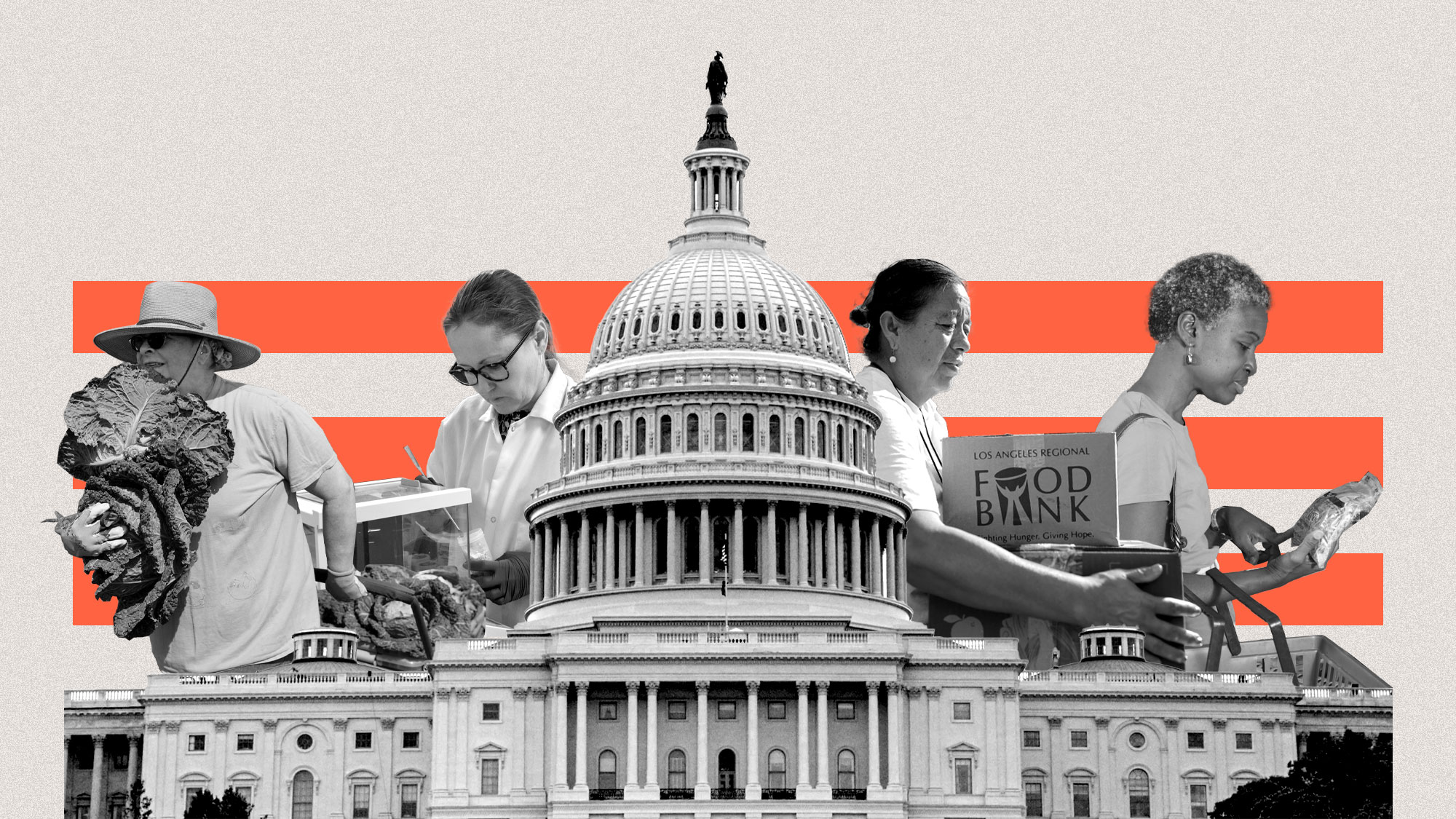A Feb. 10 webinar sponsored by the NIEHS Women’s Health Awareness (WHA) Program focused on the complicated issue of cardiovascular disease in women.
The event — “What’s HOT in Women’s Heart Health: Keeping You Informed” — was chaired by Angelo Moore, Ph.D., WHA Steering Committee member and assistant director for community outreach, engagement, and equity at the Duke Cancer Institute.
Goals of the webinar included the following.
- Identify signs and symptoms of cardiovascular issues.
- Understand how to advocate for cardiovascular health.
- Learn importance of preventing and managing hypertension.
- Help women identify the best diagnostic and treatment options for various cardiovascular conditions.
“Women’s Health Awareness works with our communities to decrease environmental health disparities and promote healthier lives for women,” said Joan Packenham, Ph.D., who directs both the NIEHS Office of Human Research and Community Engagement and the WHA Program.
Near-death lesson
The first speaker was T’ebony Rosa, co-founder of the Rosa Foundation, a nonprofit that provides educational opportunities to youth, support for parents of children experiencing medical issues, and other services. She described how her life changed in 2017 with the discovery that she had coronary artery disease. Rosa was 40 and an avid runner.
“I was awakened to this terrible chest pressure, and I could not walk a block without having to stop and catch my breath,” she said. One day she experienced a tingling sensation in her face and hand, and numbness down her left arm. “I was having all the signs of a heart attack,” Rosa added.
 “The key is to not second guess how you feel or dismiss a symptom as irrelevant,” said Rosa. “It could be a matter of life or death.” (Photo courtesy of T’ebony Rosa)
“The key is to not second guess how you feel or dismiss a symptom as irrelevant,” said Rosa. “It could be a matter of life or death.” (Photo courtesy of T’ebony Rosa)She saw a doctor, but her lab tests and X-rays were normal. “I was diagnosed with acid reflux,” she said. A doctor told her that she had only a 1% chance of ever having heart disease.
Rosa decided to get a stress test, and it turned out she had a 99% blockage in the left anterior descending artery.
“The cardiologist told me that I could die within 48 hours if I didn’t get to the hospital,” Rosa said. “So many women have passed away without having proper treatment.”
Heart disease — number one killer
The next speaker, Brandy Patterson, M.D., a cardiologist and assistant professor of medicine at Duke University School of Medicine, said it is not uncommon for someone to have a normal stress test and then die later of a heart attack.
“Your arteries need to be blocked around 70% for us to see a blood flow defect,” she explained. “If the medical professional you’re seeing is not attending to your concerns, you should seek alternate medical care.”
 “Make the move — literally and figuratively — to take care of your body and your mind to protect your heart and your life,” said Patterson. (Photo courtesy of Brandy Patterson)
“Make the move — literally and figuratively — to take care of your body and your mind to protect your heart and your life,” said Patterson. (Photo courtesy of Brandy Patterson)Many people are under the mistaken impression that men are more susceptible to heart disease than women.
“That’s only true for pre-menopausal women,” Patterson said. “Estrogen and progesterone protect our arteries and make them more pliable and elastic. After menopause, those advantages are lost.”
One in three women will die from heart disease, compared to one in 39 who die from breast cancer, making heart disease the number one killer of women, she noted.
Women tend to experience different heart ailment symptoms, Patterson said. Fatigue is more common because they have more microvascular disease and a lower prevalence of obstructive coronary artery disease, which often causes pain.
Race, ethnicity, hypertension, and diabetes are also prominent risk factors.
“The risk of diabetes is 77% higher among African Americans than among non-Hispanic white Americans,” she said. “And diabetes is associated with a two-fold increase in the risk for heart disease, stroke, and cardiovascular disease.”
COVID-19 symptoms
Patterson said that since the COVID-19 pandemic began, she has noticed many women with new heart conditions.
 Moore is a retired U.S. Army Lieutenant Colonel. He has led the Duke Cancer Institute Office of Health Equity (OHE) as program manager since 2019. (Photo courtesy of Angelo Moore)
Moore is a retired U.S. Army Lieutenant Colonel. He has led the Duke Cancer Institute Office of Health Equity (OHE) as program manager since 2019. (Photo courtesy of Angelo Moore)“I am seeing a lot of women post-COVID infection with tachycardia [rapid heartbeat], palpitations, and chest pain,” she told attendees.
Register for upcoming WHA conference
The 8th annual WHA women’s wellness conference will take place on April 9 from 8:30 a.m. to 5:00 p.m. Due to the COVID-19 pandemic, the conference will be virtual. Registration is free and is now open on the WHA website.
WHA will help attendees prevent, manage, and control chronic diseases by providing them with environmental health education and chronic disease prevention resources.
(John Yewell is a contract writer for the NIEHS Office of Communications and Public Liaison.)
Source link
factor.niehs.nih.gov



